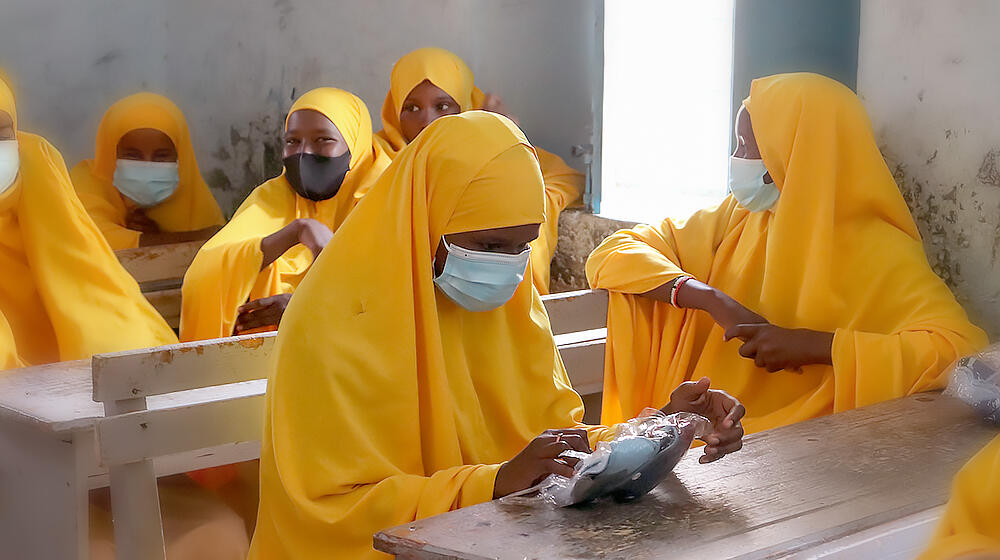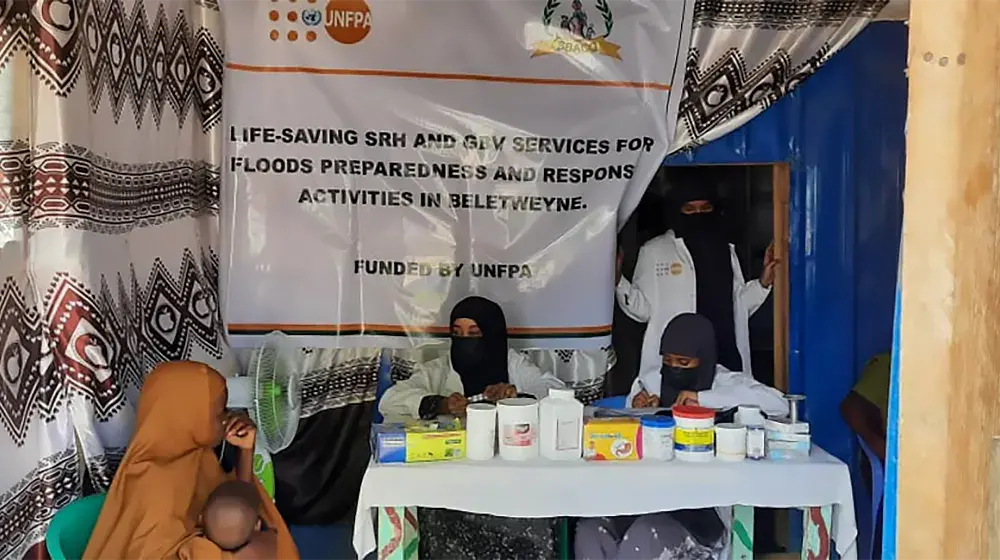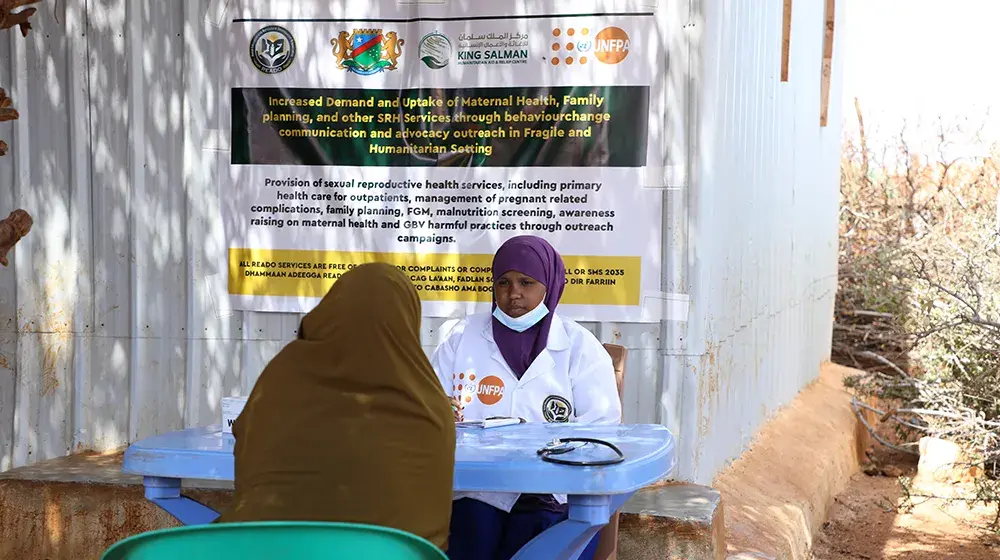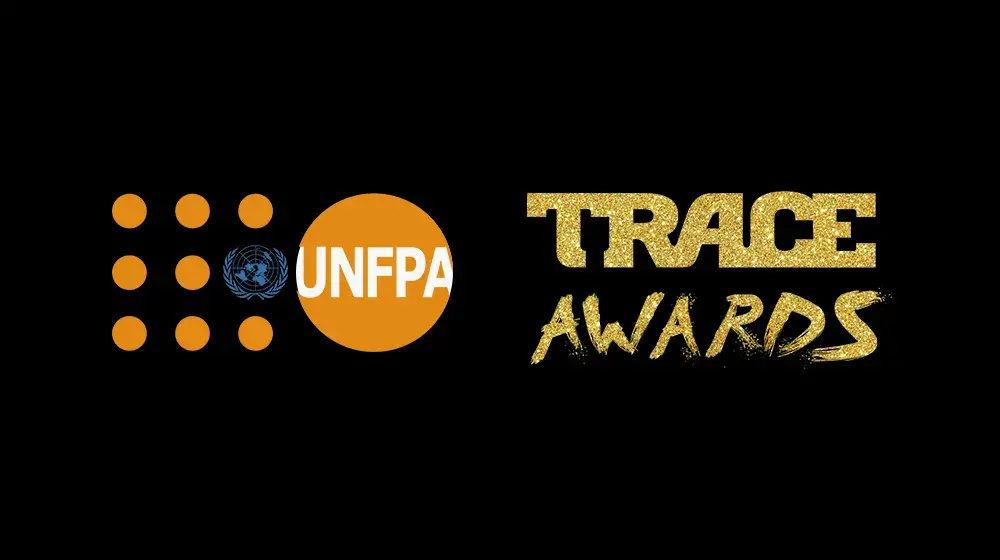“I had my first period when I was 12 years old, in sixth grade during the monthly test,” said Maryam Abdirahman. “It was a math test, I had studied hard for it but I was in pain and so grossed out that I couldn’t sit to finish it properly. Even if I was disgusted by the state of the toilets in my school, I went there, and just like any other girl it was horrifying to see the blood on my skirt. I thought about how many people saw it? What would they think of me? How can I come to school after that? And before all of that, how can I go home with a blooded skirt?”
While having access to period products is a public health and human rights issue, in Somalia, some girls and women struggle to obtain them.
Good menstrual hygiene awareness positively impacts school attendance rate for girls. When there is limited access to or a complete lack of menstrual care, or private and safe toilets at school, girls like Maryam will be absent from school during their periods, ultimately compromising their right to education. “They lose the chance to learn the knowledge and skills they need to secure a good job and provide for themselves and their families,” said Fatima Ali, a teacher.
Girls missing days in school can have long-term consequences: they are at greater risk of suffering violence and abuse; more likely to be exposed to early marriage and/or pregnancy, resulting in the risk of increased complications during birth.
During the 16 Days of Activism Against Gender-Based Violence (GBV) Campaign, that took place between 25 November and 9 December 2021, Y-PEER Puntland, funded by UNFPA Somalia, distributed menstrual sanitary products to four different middle schools under the Mudug and Nugaal districts in Somalia. According to the school administrations, over 10 per cent of girls miss around three to four days of school per month when on their periods, resulting in them missing out on important lectures and tests.
“My first period felt like nightmare, no amount of science class can prepare a girl for that,” said Hamdi Said. “No one taught us about the cost of pads. As someone from a low income family that can barely afford the cost of living, on top of the pressure of paying school fees, uniform and general expenses, I was too shy to ask my mom to get me period products, forcing me to miss more than three days of school every month.”
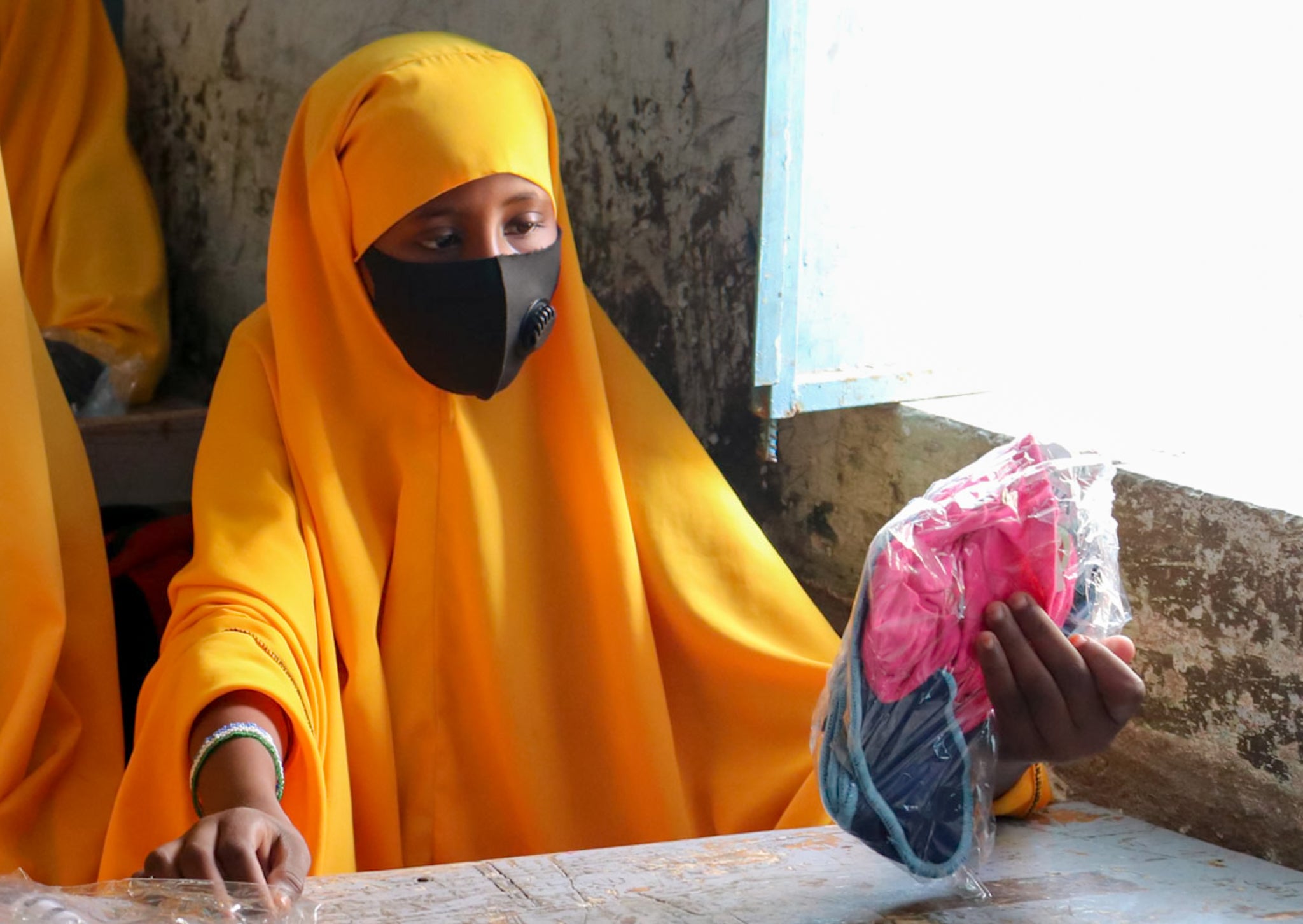
In Puntland, a package of ten period pads costs about USD$1.5, but a large part of society cannot afford that. Oftentimes, girls are forced to use torn clothes and other materials, which, beside being uncomfortable and unhygienic, can cause various harms, especially to girls who have been subjected to Female Genital Mutilation (FGM).
The kits distributed by Y-PEER Puntland included reusable pads that are widely accepted, leaving the students very happy and excited. “I never knew there is such a thing as reusable pads,” said Hani Kalif, an astonished student, “it looks comfortable, easy to clean and it won’t even damage the environment, it is definitely better than the one-time use ones.”
Fatima Ali, who is a teacher at one of the schools where the sanitary pads were distributed, said that “when girls stay in school, we know that everything in their life can change.”

